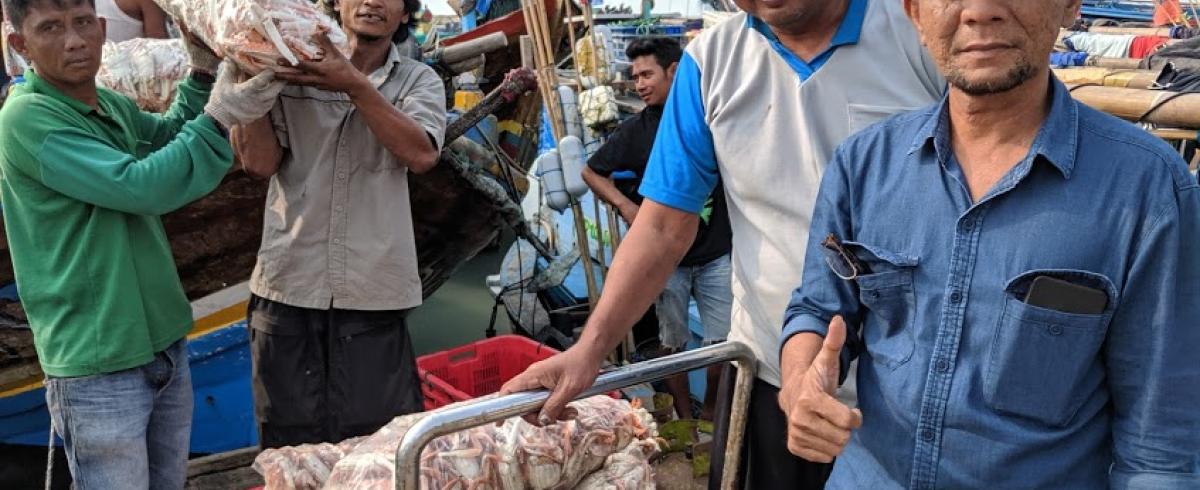Fish handling, quality and processing: training and community trainers manual
This manual has been produced to help introduce better practices that can help people make more from the fish they catch, process and sell, as well as help them reduce post-harvest losses.

